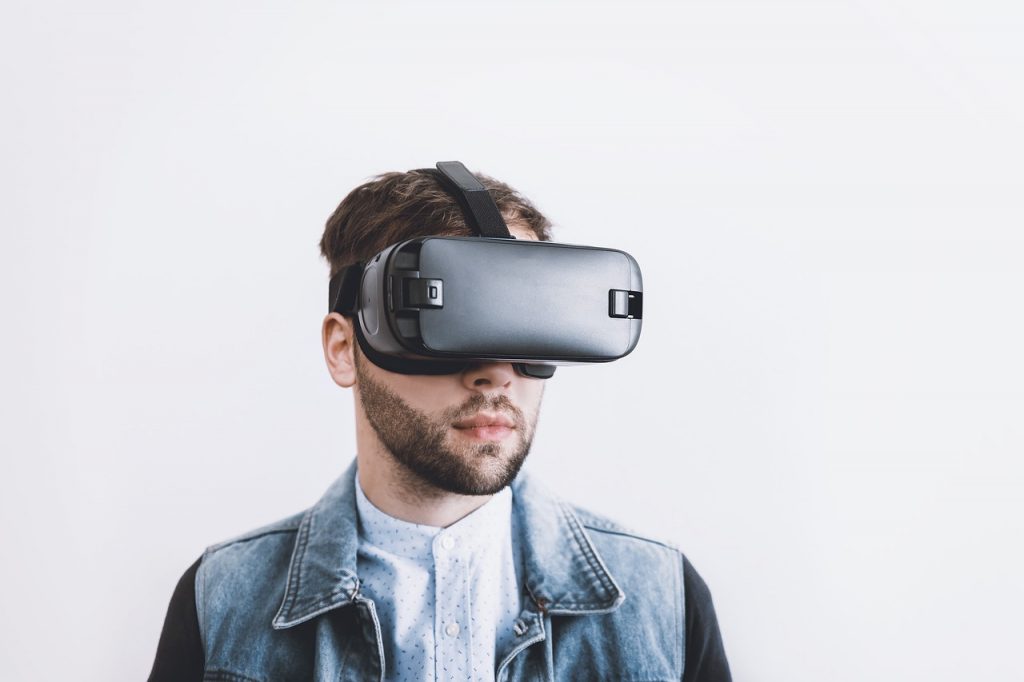The Virtual Reality (VR) market has grown exponentially over the past few years. From an idea that once seemed like a far-fetched dream, VR is now changing pretty much every industry. Whether it’s education, medicine, sports, manufacturing, or the supply chain, these sectors now depend heavily on VR for different reasons.
Indeed, Forbes predicts that the VR market volume is set to reach 98.4 million sales by 2023. In total, more than 168 million VR devices are likely to be sold over the next four years.
9 Industries with the Highest VR Impact
The following are some of the industries where the technology has had the most significant impact so far;
- Retail
One of the biggest contributions of VR in retail is that it takes e-commerce to the physical store. With a VR headset, consumers can shop from a physical store without leaving their own homes. If one is shopping for shoes, they can use their VR headset to browse the options on offer and even pick out items as if they were physically inside the store.
- Healthcare
Virtual Reality, together with Artificial intelligence and Blockchain technologies are having a profound effect on healthcare. In medical training, for example, rather than practice on dead bodies, students can now practice with virtual bodies. VR is also used in real-life operations to help doctors have a better understanding of the problem. In some instances, VR has been used in place of sedatives.
- Film and Entertainment
The deployment of VR in entertainment eliminates the fine line between story and acting. In film, for instance, VR allows entertainers to experiment with space and point of view, thus blurring the line between acting and storytelling. We now also have VR for gaming and VR lotteries that have created an immersive experience never witnessed before.
- Space Exploration
This might come as a surprise, but, since the 80s, NASA has been using VR technology to accelerate space exploration efforts. Destination Mars, for instance, is a program that uses VR in several areas to allow the public to learn more about Mars. Additionally, NASA currently uses pre-recorded VR videos to ensure that astronauts are not too homesick when out there in space.
- Architecture
Bringing the client inside the house before the structure is even constructed is one of the many applications of VR in architecture. Doing so opens a better communication channel between the constructor and the client, allowing both parties to fully understand what’s needed to take the project to completion. Urban planning is also a lot easier with VR.
- Journalism & Media
The media industry has been one of the most eager to embrace VR. At the New York Times, for instance, VR is now part and parcel of story-telling. Through the New York Times VR app (popular as NYTVR), anyone with a VR headset can watch emerging news stories. It’s worth noting that the New York Times distributed over a million Google Cardboard VR headsets when they first launched the NYT-VR app.
- Real Estate
In real estate, VR is primarily used to showcase properties. Of course, the large majority of buyers still visit properties in person. However, in the big cities, there’s a trend for buyers to simply wear their VR headsets and take a tour of the desired property from home (or work). It’s not only time-saving but also a highly rewarding experience.
- Tourism and Travel
A common challenge with tourism is that you rarely know what to expect at the destination. In most cases, you just have to hope for the best. Not anymore. With Virtual Reality, tourism companies can provide tours of hotels, restaurants, and other features of the destination before the client makes the final decision.
- Education
Finally, the impact of Virtual Reality in education has been huge. Among other things, VR is used to provide students with “field trips.” If a school can’t get learners to the desired physical location, VR tours are an excellent alternative. VR is also useful in distance learning and in delivering interactive sessions to students with special needs.
All in all, Virtual Reality (VR) has had a profound effect on the world economy. And, the best is yet to come!
